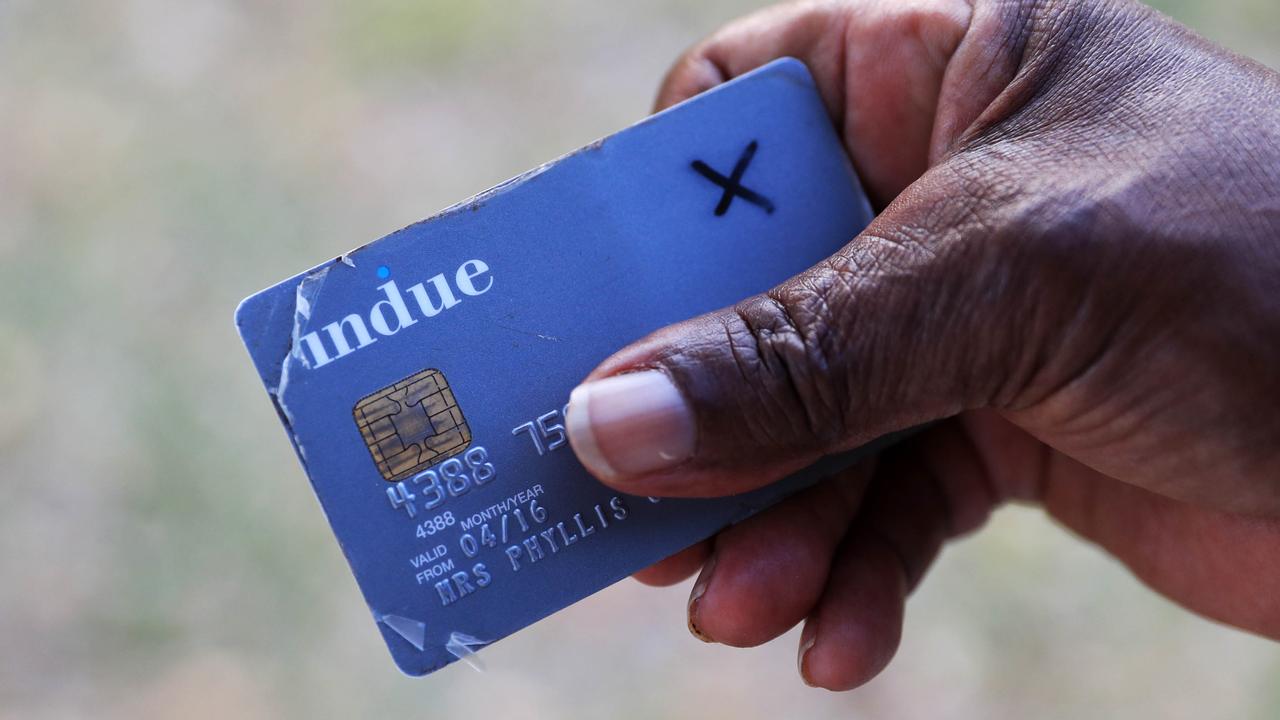Nation wants equality, not ready to vote
AUSTRALIANS want to address inequality in the Constitution but are wary of giving ‘special treatment’ on the basis of race.
AUSTRALIANS want to address inequality in the Constitution but are wary of giving “special treatment” to one group of people on the basis of race, says Tony Abbott’s indigenous recognition advisory panel.
After nationwide consultations, the panel recommends a referendum be held no later than the first half of 2017, coinciding with the 50th anniversary of the successful 1967 indigenous referendum.
It is understood the Prime Minister is broadly supportive of the recommendation, and will seek Bill Shorten’s support to move forward with the new approach outlined.
The report from the panel headed by former deputy prime minister John Anderson warns that if the pre-conditions they outline can be met earlier, including widespread support for an agreed proposition, there remains a case for an earlier referendum.
“Political leadership is needed to break through the ongoing cycle of deliberations,” the report says. “Waiting does not make the issue easier. In some respects waiting may make it harder to maintain the support of indigenous Australians. For some, putting off a referendum increases frustrations and raises expectations of the final model.”
The recommendations of the review panel include a call for a “circuit breaker” by settling on a final form of words and drawing debate on the model to a conclusion. “This will build a sense of national urgency and provide renewed certainty that the country will proceed to a referendum,” the panel says.
“Delivering on the commitment to form a special committee to guide the referendum, a referendum council of trusted national figures is recommended.”
The panel says a referendum council would have legitimacy in the eyes of the nation, be seen as apolitical and include both indigenous and non-indigenous members. It would advise on the final proposition and gain agreement to it from indigenous people, constitutional experts, parliaments and the wider public.
The council would ensure that the final proposition was legally sound, clear, easily understood and did not “significantly increase constitutional uncertainty”.
It says the government should continue to support and resource the official constitutional campaign Recognise, and its partner organisations, to finalise an increased public awareness strategy that builds a better understanding of why recognition is important in the wider community.
The report urges parliament to amend the Aboriginal and Torres Strait Islander Peoples Recognition Act 2013 to demonstrate continuing commitment and ensure the act does not end in March next year. The act should be extended for no more than three years, to align with the timing of the referendum in 2017.
Areas where the report says there is clear consensus include a statement of recognition; removal of section 25 of the Constitution, which currently envisages the ability of state governments to disqualify a group of people from voting based on race; and re-formulation of the race power (section 51 (xxvi)) to avoid the potential for perverse outcomes while retaining the commonwealth’s responsibility for indigenous affairs.
The panel calls on the government “to remove any sense of ambiguity” around the intention to proceed to a referendum. “The process to date has been challenging, with many moving parts, unclear timelines and a lack of certainty about the next steps,” its report says. “This has led to unrealistic expectations on several fronts, leading to ambiguity and a sense of frustration among key groups.”
The panel says research indicates that awareness of the referendum has dropped over the past year in the general population, slipping from 42 per cent to 34 per cent. “The issue is drifting — most likely reflecting the lack of definitive progress toward a referendum and a sense that momentum is flagging,” the report says. “This drop in awareness is not surprising given the crowded political and media landscape, and the lack of a final proposition to drive the referendum.”
The report finds that some form of protection from racial discrimination has been highlighted by the research as important, but this issue is also the most “polarising” with constitutional conservatives.
The panel says that attaching the referendum to a federal election risks polluting the issue with political positioning, limits the opportunities to explain or debate the issue in detail and increases competition for media attention. At the same time it is significantly less costly and only requires the public to visit polling booths once.



